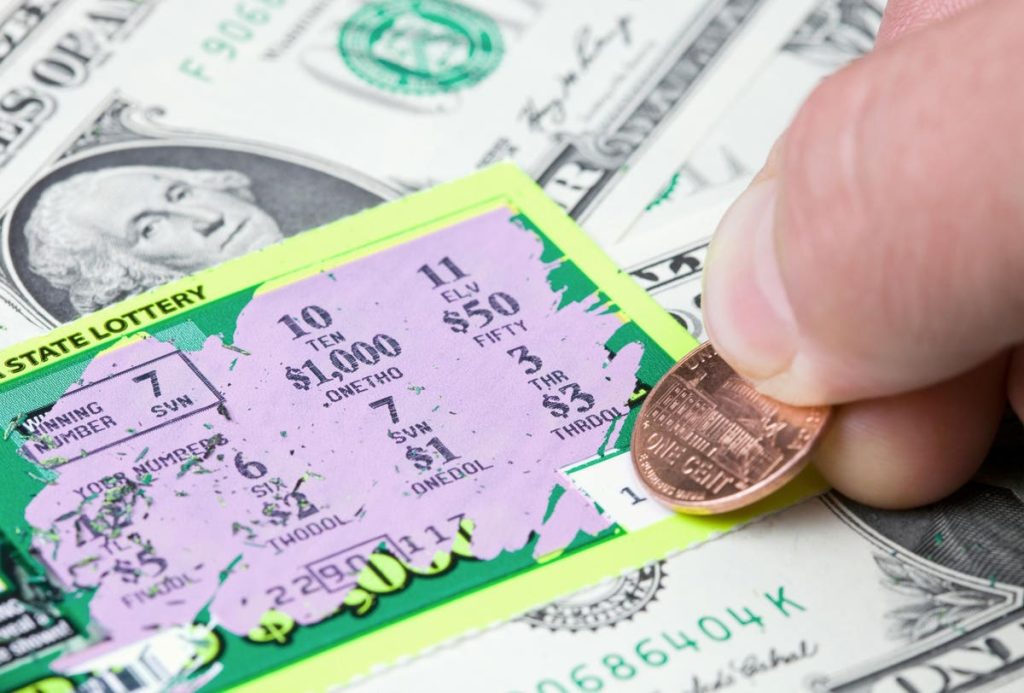On August 15, 2023 someone in Florida won the Mega Millions lottery jackpot worth over $1.5 billion dollars. The odds that anyone might win the lottery, much less one of the largest jackpots ever, is hundreds of millions to one. The odds of receiving a surprise windfall in the form of a gift, a surprise discovery of a valuable coin or painting, the sudden increase in value pre-IPO stock when the company goes public, or an inheritance is much higher. Receiving a windfall is both exciting and overwhelming; something estate planners should anticipate while creating an estate plan for their client. Even smaller windfalls can be a life changing event. Here are some recommended actions to consider taking to manage your newfound wealth responsibly:
Pause and Reflect:
Take some time to process the news and emotions surrounding the windfall. Avoid making hasty decisions while you adjust to the new financial reality.
Keep it Private:
Avoid sharing the news widely until you’ve had a chance to plan and seek professional advice. This can help protect you from potential scams, undue pressure and unrealistic expectations from others, including all those long lost friends and relations you never knew you had.
Seek Professional Guidance from:
A Financial Advisor: Consult with a qualified financial advisor who has experience with managing windfalls. They can help you assess your financial goals, risk tolerance, and create a customized financial plan.
An Estate Attorney: Consult an estate attorney to ensure that all legal aspects are handled properly and that your estate plan is up to date.
A Tax Professional: Understand the tax implications of your windfall. Whether it’s income tax, estate tax, or capital gains tax, a tax professional can guide you in minimizing tax liabilities.
Assess Your Finances:
Create a Budget: Develop a detailed budget that accounts for your current and future expenses, including debt repayment, savings, and investments.
Debt Management: Consider using a portion of the windfall to pay off high-interest debts. This can free up more of your funds for long-term financial goals.
Set Clear Goals:
Short-Term Goals: Identify any immediate financial needs or goals, such as paying off debts, covering medical expenses, or funding education.
Long-Term Goals: Determine your long-term financial goals, such as retirement, homeownership, travel, or philanthropy.
Diversify Investments:
Invest Wisely:
Work with your financial advisor to create a diversified investment portfolio that aligns with your risk tolerance and long-term goals. Diversification helps manage risk and potential losses.
Avoid Impulsive Decisions:
Avoid making big investment decisions based on emotions or sudden impulses. Make informed choices by considering the long-term implications.
Emergency Fund:
Build or Strengthen Your Emergency Fund:
Ensure you have sufficient emergency funds to cover unexpected expenses without compromising your investments or lifestyle.
Estate Planning:
Update Your Estate Plan:
If your windfall changes your financial situation significantly, update your estate plan, including wills, trusts, and beneficiaries, to reflect your new circumstances.
Charitable Giving:
Philanthropy:
If you’re interested in giving back, consider establishing a charitable giving plan or donating to causes you care about. Consult a financial advisor to maximize the impact of your donations. Using charitable trusts can result in significant tax savings as well.
Lifestyle Adjustments:
Avoid Lifestyle Inflation:
While it’s natural to want to enjoy some luxuries, be mindful of lifestyle inflation. Avoid making permanent changes that might strain your finances in the long run.
Every individual’s windfall is unique, so it’s crucial to tailor these suggestions to your specific circumstances and goals. Seeking professional advice and taking a thoughtful and disciplined approach will help you to make the most of your windfall and secure your financial future.
Read the full article here















